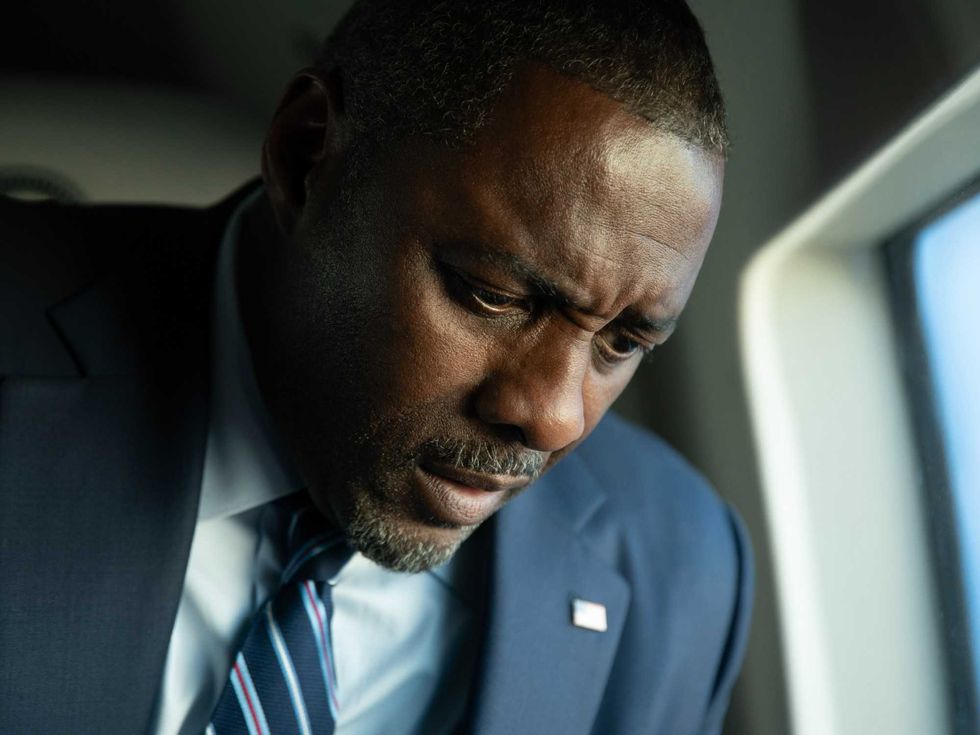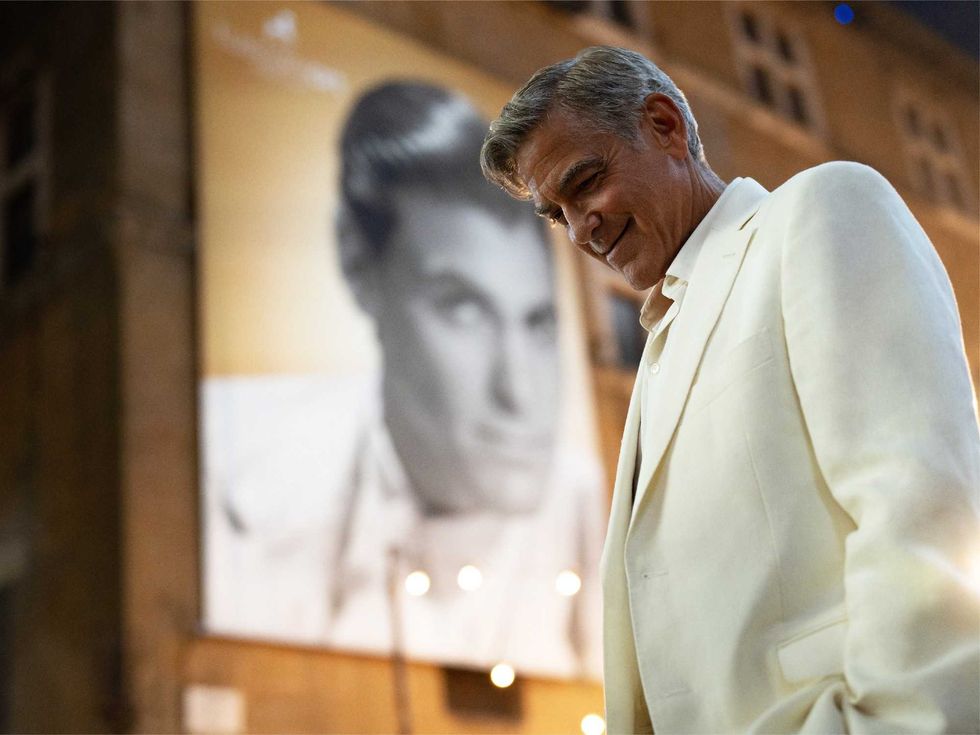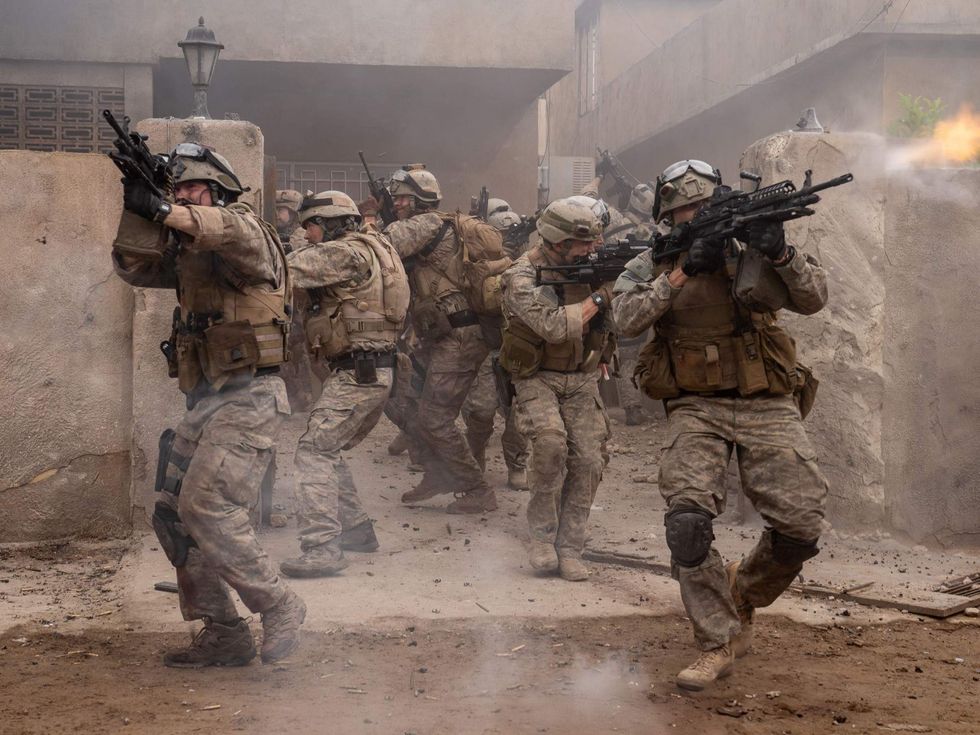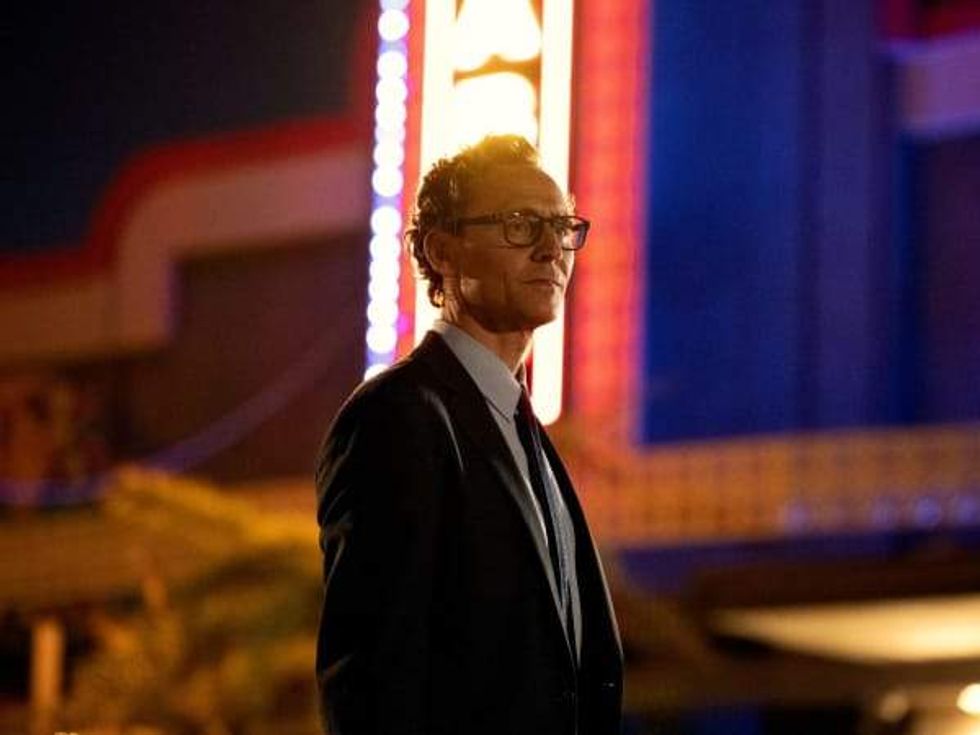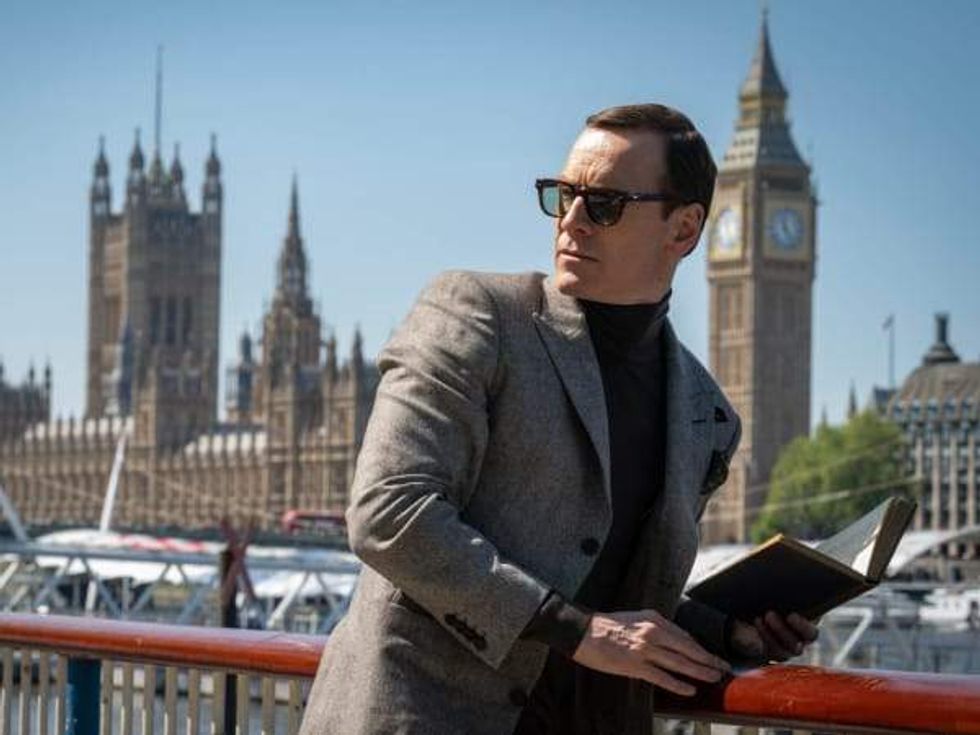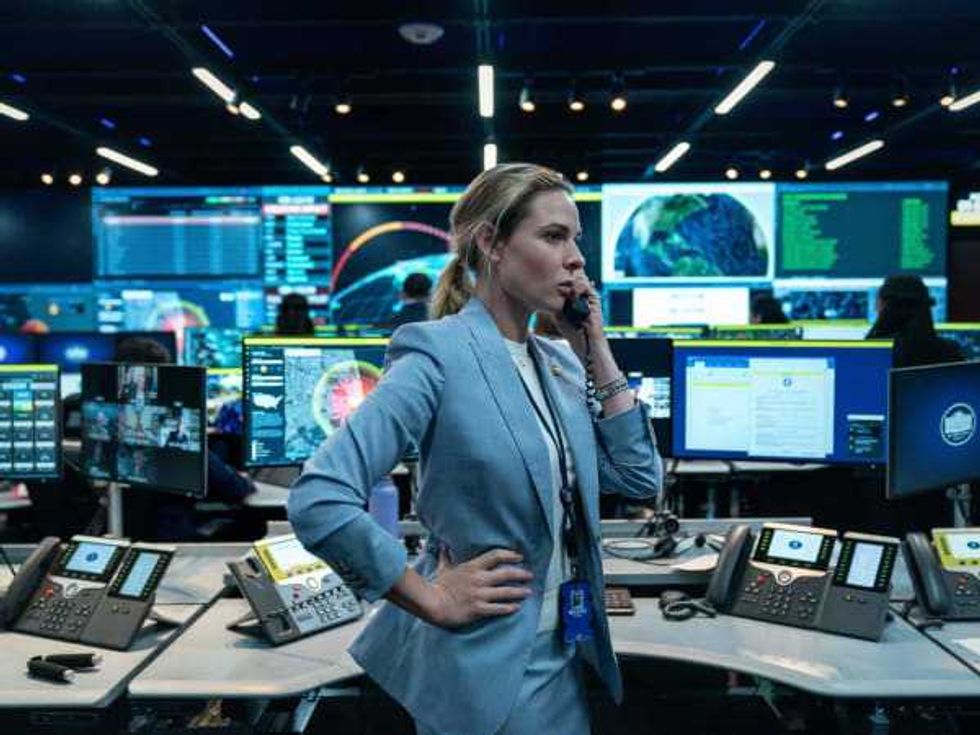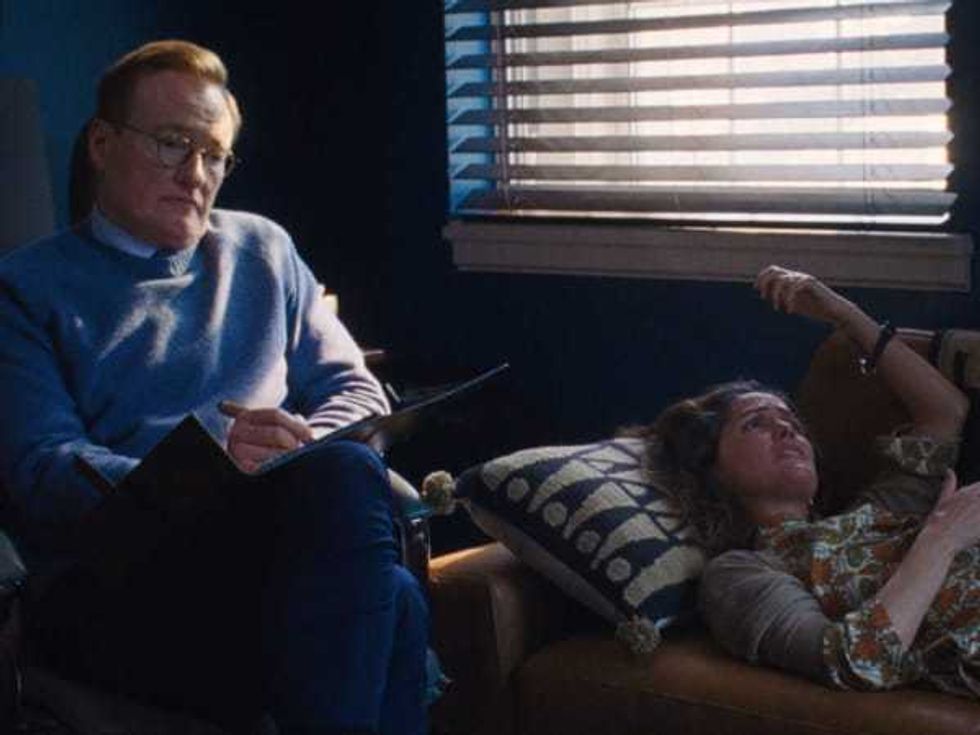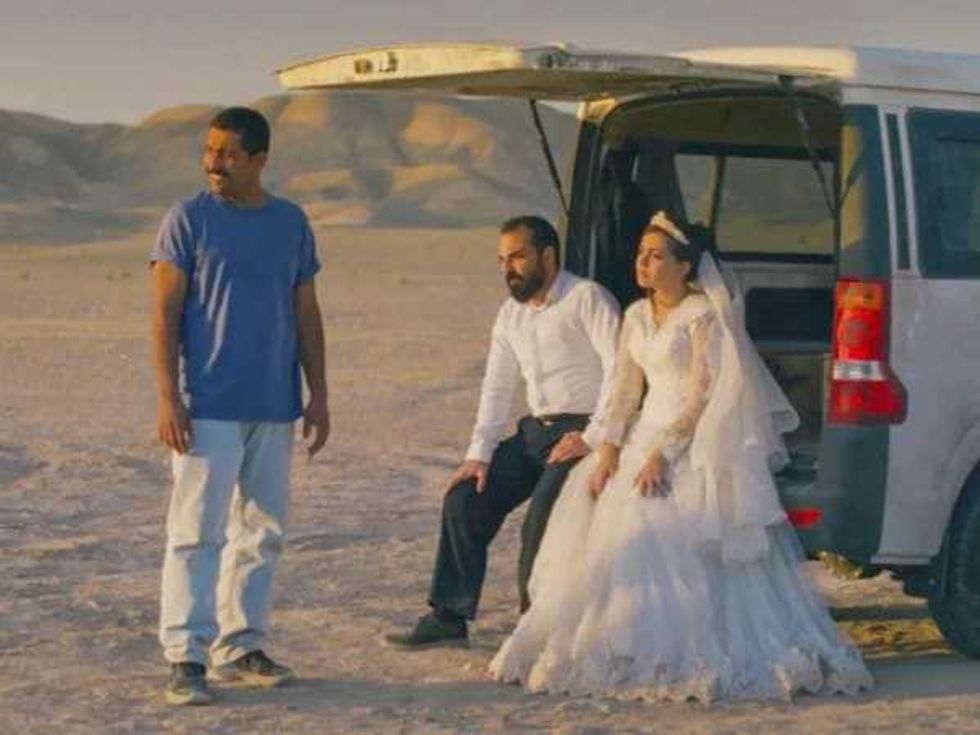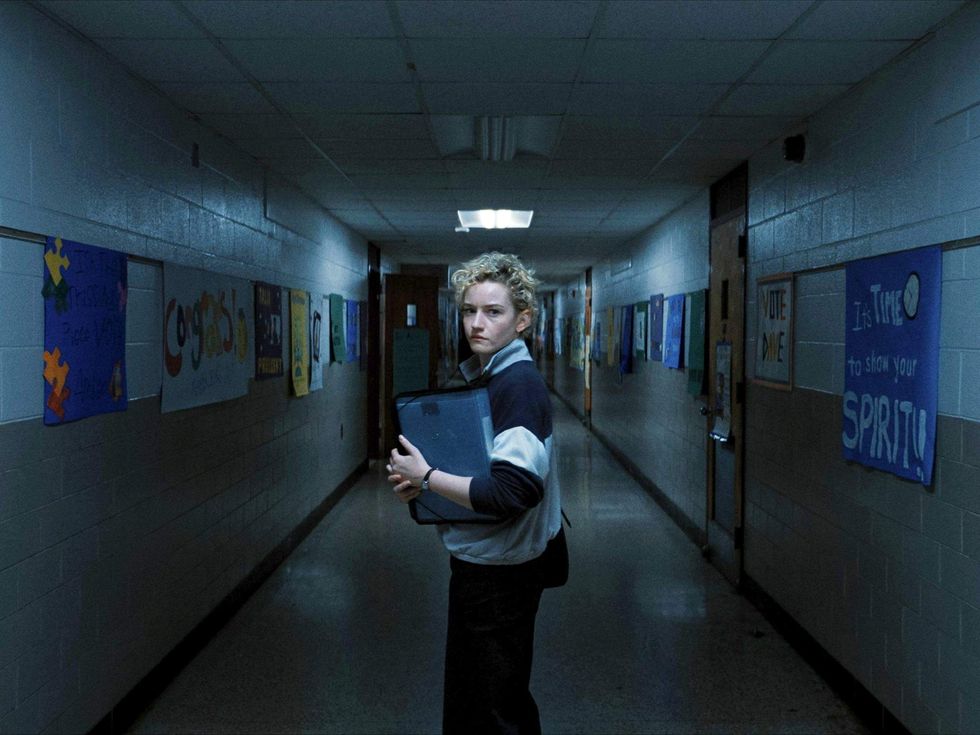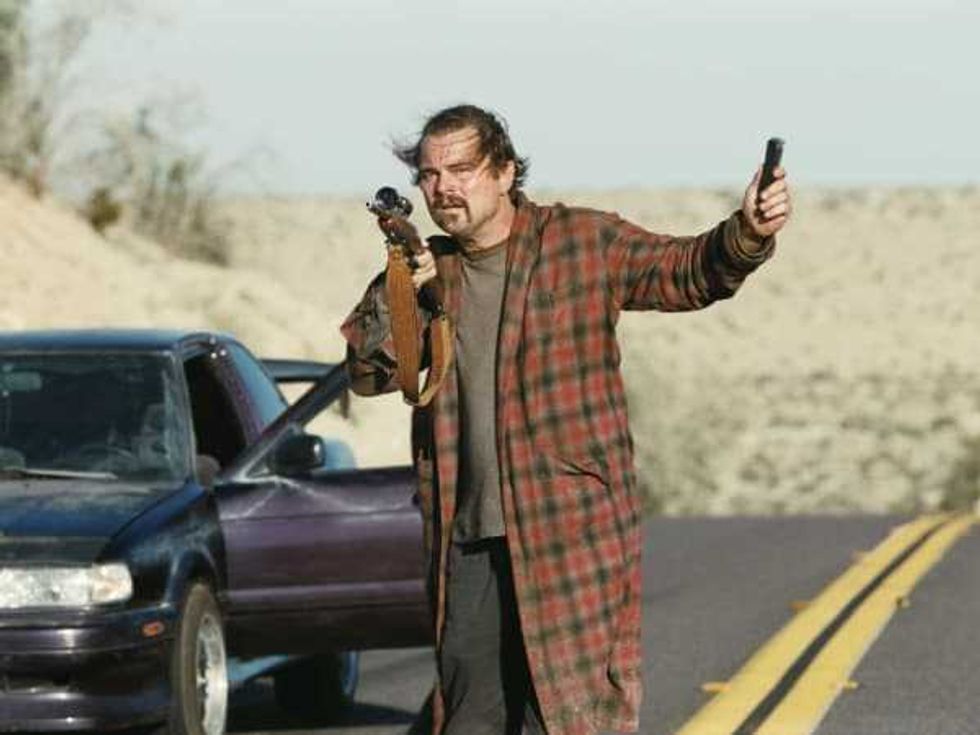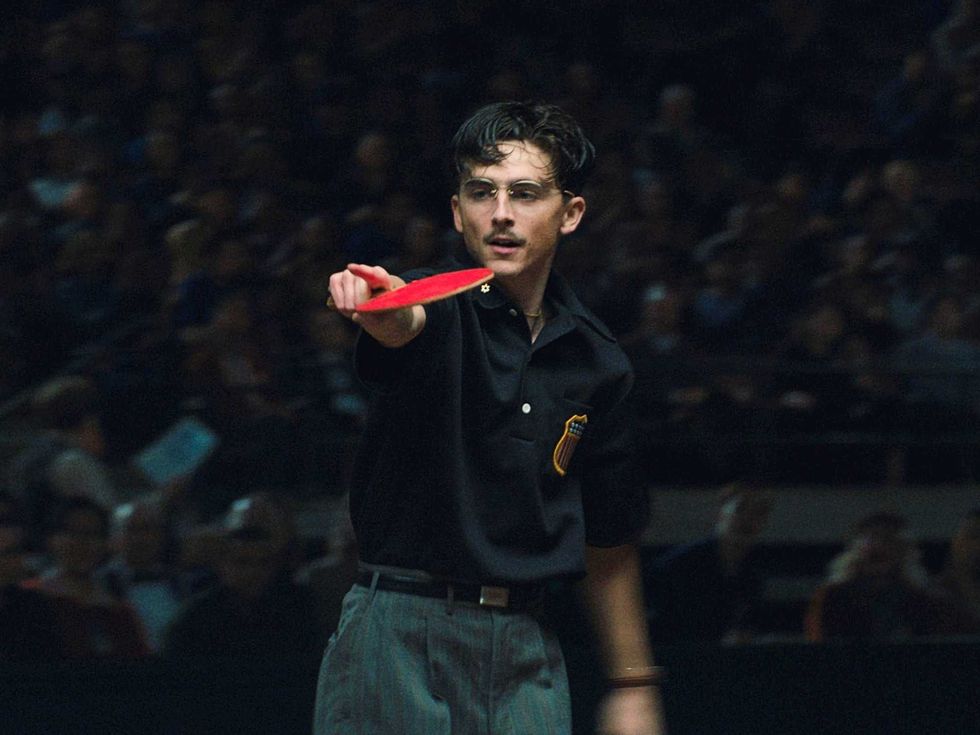Houston Cinema Arts Festival 2012
Fashion icon Diana Vreeland is back in vogue as center of celebrity-filleddocumentary
 Diana Vreeland combined haute couture and pop culture in a way that elevated theconversation.Photo courtesy of Diane Vreeland: The Eye Has to Travel
Diana Vreeland combined haute couture and pop culture in a way that elevated theconversation.Photo courtesy of Diane Vreeland: The Eye Has to Travel Diana Vreeland with modelPhoto courtesy of Diane Vreeland: The Eye Has to Travel
Diana Vreeland with modelPhoto courtesy of Diane Vreeland: The Eye Has to Travel After first professing disinterest, Lisa Immordino Vreeland became immersed inthe life of Diana Vreeland.Photo by Inez van Lamsweerde and Vinoodh Matadin
After first professing disinterest, Lisa Immordino Vreeland became immersed inthe life of Diana Vreeland.Photo by Inez van Lamsweerde and Vinoodh Matadin
When Lisa Immordino met her husband, Alexander Vreeland, two decades ago, she really wasn't that interested in learning more about his deceased grandmother, Diana Vreeland. "I remember when we were in our first house together, I said, 'I really don't want to live in a house filled with Vreeland memorabilia,'" she recalled.
But, like just about everyone touched by the influence of the legendary style icon, she soon became enamored of all things Vreeland. The result is a fascinating documentary, Diana Vreeland: The Eye Has To Travel, that has consumed Lisa's life for the past four years.
The movie, which will be shown Sunday night at the Museum of Fine Arts, Houston to close the Houston Cinema Arts Festival, offers a fascinating glimpse of Diana Vreeland, who was among the first to blend couture and pop culture and in the process nearly single-handedly changed the definition of beauty in the 20th century.
The movie offers a fascinating glimpse of Vreeland, who was among the first to blend couture and pop culture and in the process nearly single-handedly changed the definition of beauty in the 20th century.
During Vreeland's fascinating life, she rode horses horses with Buffalo Bill Cody during childhood summers in Colorado, observed Adolph Hitler in Germany, sold lingerie to Wallis Simpson (the American divorcee for whom Britain's Edward VIII abdicated his throne), championed quirky models like Twiggy and Penelope Tree and palled around with Warren Beatty, Cher, Jack Nicholson and Angelica Huston in their heyday.
The movie includes amazing fashion layouts that are as timeless today as they were when Vreeland put them together for the pages of Harper's Bazaar, where she worked from 1937 to 1962 (there, she discovered Lauren Bacall and advised first lady Jacqueline Kennedy on fashion), and Vogue magazine, where she was editor from 1963 to 1971.
After being unceremoniously fired at Vogue during a recession in which her flamboyant sensibilities seemed out of touch with the times, Vreeland became special consultant to the Metropolitan Museum of Art’s Costume Institute from 1972 until her death in 1989. Such annual exhibitions as “The World of Balenciaga," “Hollywood Design," and “The Glory of Russian Costume” attracted millions and enhanced the museum's reputation as a center of fashion excitement.
Lisa, who produced and directed the movie and authored an accompanying book, used the Vreeland connections to interview such luminaries as Calvin Klein, Oscar de la Renta, Hubert de Givenchy and Diane von Furstenberg, and worked tirelessly to land the rights to use timeless images by photographer Richard Avedon for the documentary. The documentary also includes television interviews conducted by a young Diane Sawyer, Jane Pauley, Dick Cavett and Andy Warhol.
"At the Venice Film Festival (where the film received a rapturous reception), her son Frecki got up and said, 'My mother never takes no for an answer and neither does Lisa. That's why this movie is done,'" Lisa recalled. "I was totally passionate about doing this. I couldn't step back."
During a recent telephone interview, Lisa talked about the movie and how it has changed her life.
CultureMap: How did this movie come about?
Lisa Vreeland: It started out as a book project because I felt that Mrs. Vreeland was misunderstood and needed to be redefined for a new generation. I decided one day that I was going to do a book. Very quickly I realized this should be a film. I think my great luck is that (my Vreeland name) gave me a lot of access. People made the time to meet with me.
CM: How was Diana Vreeland misunderstood?
LV: She was misunderstood for me. Maybe I was doing this (movie) to redefine her for me. I felt that there was always this persona, this woman with extravagant makeup, extravagant gestures and these great one-line proclamations. But I knew there was much more than images she was associated with all these years. I really wanted to figure out what it was.
CM: The film is based on numerous filmed conversations that writer George Plimpton conducted with Diana Vreeland when he edited her autobiography. How fortunate you were to have those.
LV: My idea was to have her narrate her own story. But quality of the tapes wasn't good enough. The final script has some of those conversations. For me, the process of those tapes was getting into her personality. I felt like that was when I got to know her in a certain way. I really felt she didn't have an ego. When you think of what you see of her in pictures, you think maybe she has an ego because she is so over-the-top. But that's not the way she was at all.
CM: What did you learn most about her in doing this project?
LV: I interviewed more than 60 people and in these interviews you could really see how she touched people's lives because there is this real emotional connection they have with her. It's not about them wanting to be in the film; it's them saying, 'She was really important to me.' It was really about their deep love for her.
CM: What has the reaction been to the movie?
LV: It has been really positive. They love her, first of all, so you are already working with a character who is someone that people are enamored with. We tried to tell her story in a very contemporary way. We were dealing with a biographical narrative, but you can't give a boring narrative to Diana Vreeland. The last thing you can do is be boring with her.
So we used archival clips of her or moments in history and move through magazines like flipping pages. There is a whole sense of rhythm to the film which is really important. You couldn't make a pedantic story about this woman.
CM: What would she have thought of the movie?
LV: I have had a lot of her very close friends say she would have loved it.
CM: What are you hopes for the film?
LV: The fact that it's in theaters is amazing. Would I love for it to be a financial success? Sure, but that's not what I thought about when I was doing it. It's not just a movie about about Diana Vreeland. It's about living the impossible dream and living your life with passion. And that's the moral message at the end of the film. For me, that's what she was all about.
Lisa Vreeland will be interviewed by Lynn Wyatt following a screening of the movie Sunday night. Tickets and information are available here.

